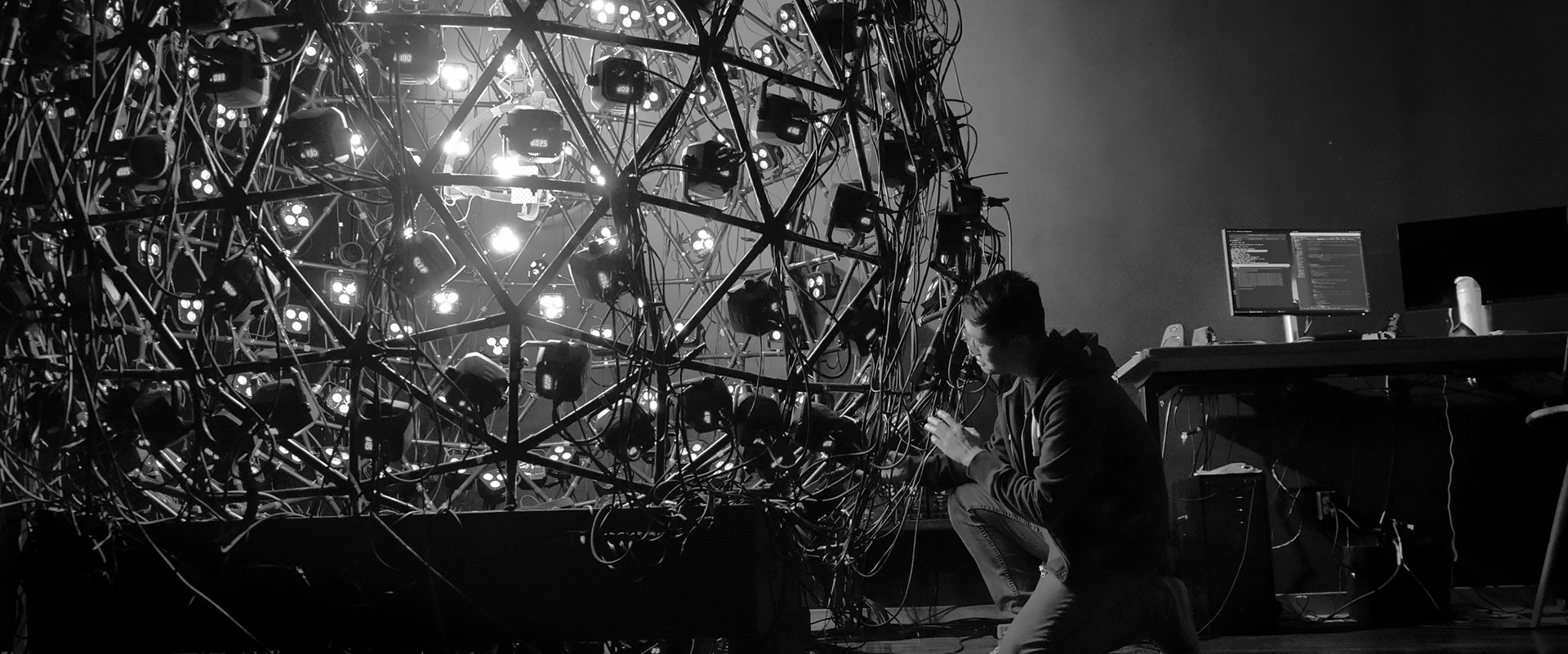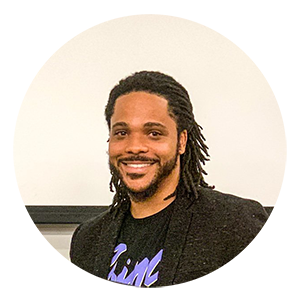The School of Computing is located primarily in McAdams Hall and houses graduate and undergraduate laboratories, graduate student offices, and teaching and research labs. Labs and facilities extend beyond the main campus to include facilities in Greenville, Anderson, and Charleston. The Palmetto Cluster, one of the top supercomputers at a public institution, makes use of more than 23,000 central processing unit (CPU) cores. Located at the Advanced Materials Research Laboratory, any Clemson faculty, staff or student can register for an account and use the supercomputer.
Computing Facilities Faculty LabsFocus Areas
The School prides itself on groundbreaking research on developing new technologies and understanding how technology can better shape the world. World-class faculty, graduate, and undergraduate researchers collaborate across disciplines in the pursuit of discovery.
-
Artificial Intelligence
- AI Education: Kelly Caine, Bart Knijnenburg, Carlos Toxtli-Hernandez
- AI for Creativity: Guo Freeman
- AI for Online Safety: Guo Freeman
- Autonomous Vehicles: Mert Pesé
- Data Mining & Machine Learning: Brian C. Dean, Andy Duan, Siyu Huang, Nina Hubig, Shuangshuang Jin, Kai Liu, Feng Luo, Eric Patterson, Abolfazl Razi, Carlos Toxtli-Hernandez, James Wang
- Generative AI: Siyu Huang
- Human-AI Teaming: Chris Flathmann, Nathan McNeese, Carlos Toxtli-Hernandez
- Human-AI Interaction: Julian Brinkley, Kelly Caine, Chris Flathmann, Guo Freeman, Bart Knijnenburg, Nathan McNeese, Carlos Toxtli-Hernandez
- Intelligent Virtual Agents: Sabarish Babu, Bart Knijnenburg, Feng Luo, Eric Patterson, Andrew Robb, Carlos Toxtli-Hernandez, Matias Volonte
- Natural Language Processing: Kai Liu, Eric Patterson, Carlos Toxtli-Hernandez
- Robotics: Chris Flathmann, Brygg Ullmer
- Unmanned Aerial Systems: Abolfazl Razi
-
Computational Science & Informatics
- Algorithms / Theory: Brian C. Dean, Wayne Goddard
- Big Data: Shuangshuang Jin, Feng Luo, Brygg Ullmer
- Bioinformatics: Brian C. Dean, Andy Duan, Eileen Kraemer, Kai Liu, Feng Luo, Brygg Ullmer
- Computational Social Science: Guo Freeman, Carlos Toxtli-Hernandez
- Computer Architecture: Mark Smotherman, Zhenkai Zhang
- Healthcare Applications: Matias Volonte
- Healthcare Informatics: Kelly Caine, Brian C. Dean, Andy Duan
- Scientific Computing: Federico Iuricich, Shuangshuang Jin, Brygg Ullmer
- Software Development: Julian Brinkley, Eileen Kraemer, Carlos Toxtli-Hernandez
- Wireless Systems: Abolfazl Razi, Jacob Sorber
-
Computer Graphics / Visual Computing
- Animation / Motion Capture: Eric Patterson, Jerry Tessendorf
- Appearance Modeling / Photogrammetry: Daljit Singh Dhillon, Eric Patterson
- Computer Graphics: Andy Duan, Daljit Singh Dhillon, Andrew Duchowski, Mert Pesé, Eric Patterson, Jerry Tessendorf
- Computer Vision / Eye Tracking: Andy Duan, Andrew Duchowski, Siyu Huang, Kai Liu, Mert Pesé, Eric Patterson, Carlos Toxtli-Hernandez, Matias Volonte
- Digital Art / Effects: David Donar, Eric Patterson, Jerry Tessendorf, Brygg Ullmer
- Electronic Games: Guo Freeman, Eric Patterson, Andrew Robb
- Physical Modeling: Daljit Singh Dhillon
- Surface Geometry: Andy Duan, Daljit Singh Dhillon
- Visualization: Andy Duan, Federico Iuricich, Christopher Plaue, Carlos Toxtli-Hernandez, Brygg Ullmer
- Visual Synthesis: Siyu Huang
-
Human-Centered Computing / Human-Computer Interaction
- Accessibility / Assistive Technology: Julian Brinkley
- Collaborative Technology: Chris Flathmann, Guo Freeman, Nathan McNeese, Carlos Toxtli-Hernandez
- Computer-Mediated Communication: Guo Freeman, Andrew Robb, Carlos Toxtli-Hernandez, Brygg Ullmer
- Computer Science Education: Brian C. Dean, Eileen Kraemer, Christopher Plaue, Paige Rodeghero, Brygg Ullmer
- Games and Play: Guo Freeman
- Health Informatics: Kelly Caine, Emma Dixon, Andy Duan
- Human Factors: Julian Brinkley, Kelly Caine, Emma Dixon, Eileen Kraemer, Nathan McNeese
- Human-Virtual Human interaction: Matias Volonte
- Perception: Andrew Duchowski, Andrew Robb
- Recommender Systems: Bart Knijnenburg, Carlos Toxtli Hernandez
- Social Computing: Julian Brinkley, Emma Dixon, Guo Freeman, Carlos Toxtli-Hernandez
- Storytelling: Matias Volonte
- User Research Methods: Kelly Caine
- Virtual and Extended Reality / Environments: Sabarish Babu, Andy Duan, Andrew Duchowski, Guo Freeman, Andrew Robb, Paige Rodeghero, Carlos Toxtli-Hernandez, Brygg Ullmer
- Wearables: Kelly Caine, Jacob Sorber
- XR Systems: Guo Freeman, Matias Volonte
-
Networking and Distributed Computing
- AI-based Networking: Abolfazl Razi
- Cloud Computing: Amy Apon, Julian Brinkley, Mitch Shue
- Embedded Systems: Mert Pesé, Jacob Sorber, Carlos Toxtli-Hernandez, Brygg Ullmer, Zhenkai Zhang
- High-Performance Computing: Amy Apon, Rong Ge, Shuangshuang Jin, Brygg Ullmer
- Mobile & Pervasive Computing: Long Cheng, Abolfazl Razi, Jacob Sorber, Carlos Toxtli-Hernandez
- Parallel Computing: Amy Apon, Rong Ge
- Rapid Prototyping: Brygg Ullmer
- Sensors / Sensor Networks: Mert Pesé, Abolfazl Razi, Jacob Sorber, Brygg Ullmer
- Software Engineering: Julian Brinkley, Paige Rodeghero
-
Security, Privacy, and Information Management
- Databases: Nina Hubig, Carlos Toxtli-Hernandez, James Wang
- Data Structures: Federico Iuricich
- Security & Privacy: Kelly Caine, Long Cheng, Bart Knijnenburg, Mert Pesé, Abolfazl Razi, Zhenkai Zhang
- Usable Privacy and Security: Kelly Caine, Bart Knijnenburg
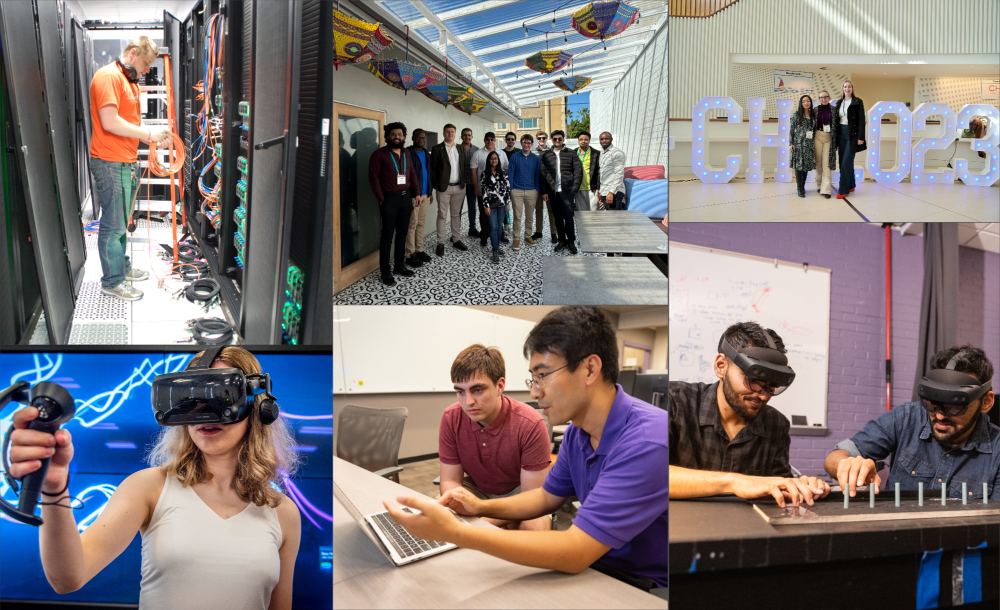
We encourage undergraduates to participate in department research or Creative Inquiry projects. Many of our students are involved in research throughout the year and work closely with faculty, peers, and industry on hands-on research projects.
The graduate program focuses on the theoretical and practical aspects of computing through innovative research projects, including areas such as artificial intelligence, cloud computing, cybersecurity, data science, digital production arts, human-computer interaction, the Internet of Things, and software engineering.
“My field of research utilizes a combination of computer science, design and psychology to evaluate the cooperative relationship between humans and computational technologies — not just how people use computational technologies but how these technologies affect society as a whole. The research I do affords me the opportunity to drive positive social change and improve the interaction between humans and technology. This is why I chose this discipline.”
Byron Lowens, Ph.D '21Human-Centered Computing
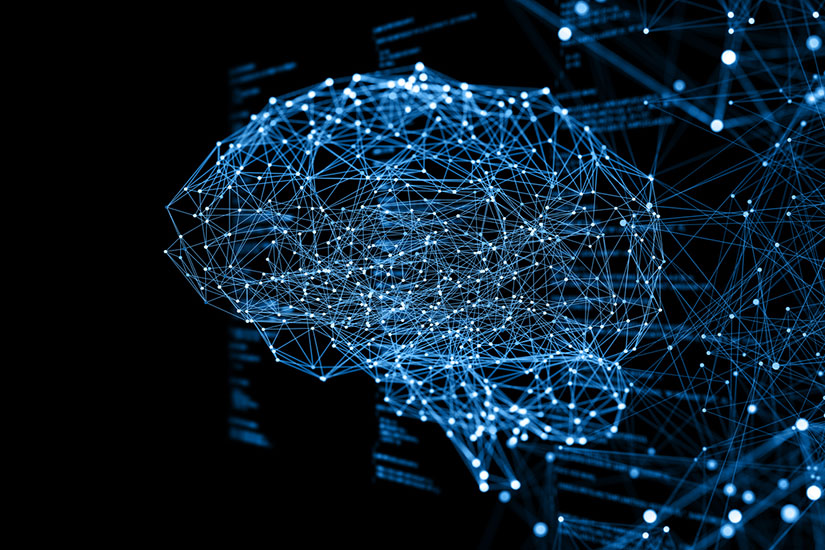
AIRISE
The Artificial Intelligence Research Institute for Science and Engineering promotes AI research, education, workforce, and industry collaboration. Our goal is to position Clemson as a leader in advanced manufacturing, materials sciences, bio- and medical-informatics, cyberinfrastructure, and intelligent transportation.
AIRISE InstituteCSAVI
The Complex Systems, Analytics and Visualization Institute (CSAVI) serves to perform cutting-edge interdisciplinary research to drive continuous innovation through knowledge sharing among partners, leading to the invention and commercialization of decision support technologies for connected systems.
CSAVI Center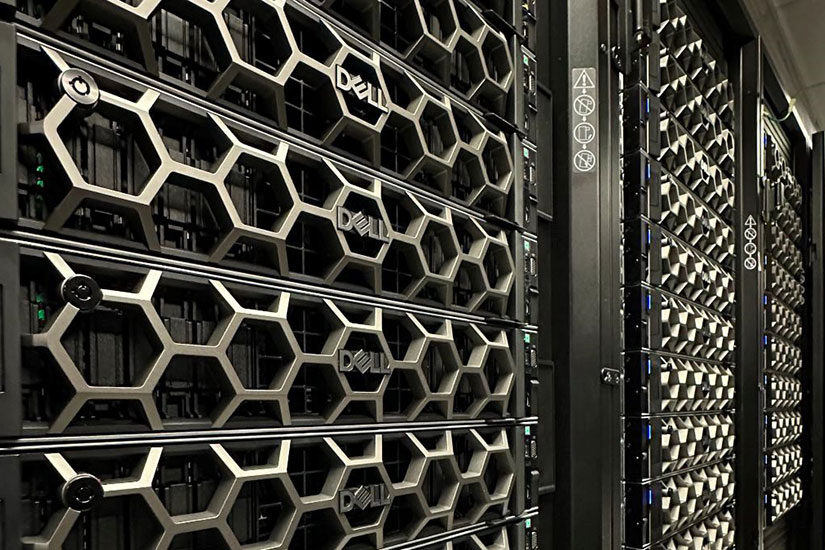
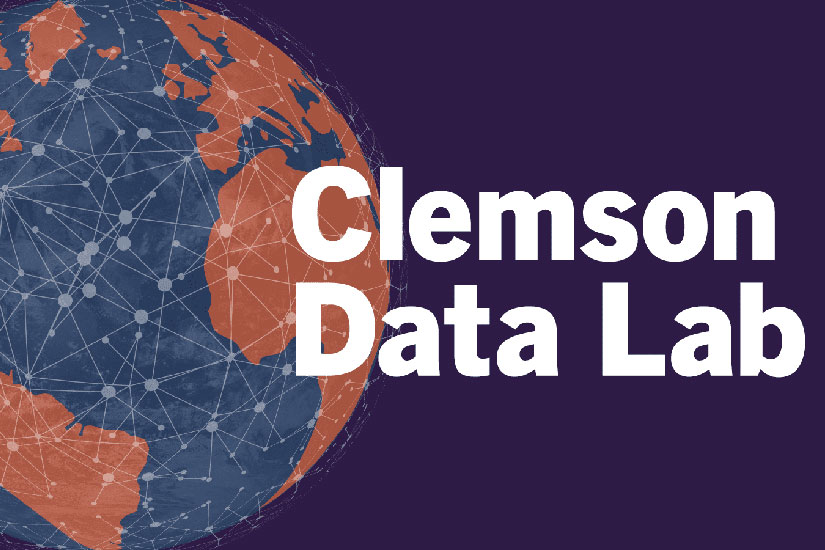
Data Lab
The Data Lab provides cutting-edge research that furthers the growth of interdisciplinary information and knowledge. Hands-on inquiry offers a learning environment that transforms projects from abstract to tangible by utilizing information and engaging participants in meaningful research around human-computer interaction.
Clemson Data Lab